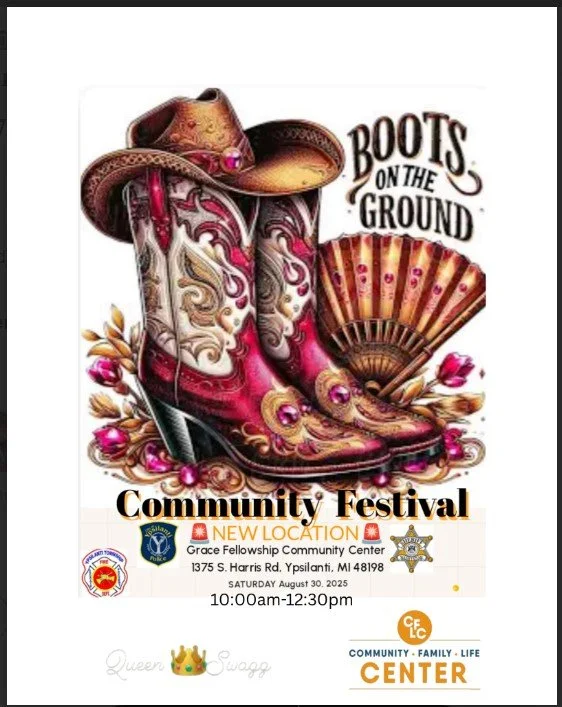
Boots on the Ground
a Neighborhood Community Resource Festival—a family-friendly event designed to bring our community together while raising awareness about the various forms of violence that continue to impact our area.
With the support of the Washtenaw County Sheriff’s Office (WCSO), Ypsilanti Police Department (YPD), Ypsilanti Fire Department (YFD), and our local school marching band, this event will promote unity, healing, and access to critical resources. In addition to the event, we are preparing resource packets for community members who may have been affected by:
Domestic violence
Gun violence
Sexual assault
Homicide/manslaughter
Robbery
Other violent crimes

Senior Luncheon
Please join Washtenaw County Commissioner Annie Sommerville outside the Ypsilanti Senior Center (YSC) at the Recreation Park Pavilion for a Senior Luncheon, Q&A and an introduction to the MSSI (Mobile Support Services Initiative) bus!

Hip-Hop Dance Class (Summer 2025)
* Those interested in attending the event must register through the QR Code/Link in the flyer. No transportation will be provided by Mentor2Youth.
For ages 12-25, every Wednesday July 30th through August 20th, Corner Health Center is hosting free hip-hop dance lessons at Rhizome Roots Dance Studio! Bring comfy dance wear and let yourself loose!!
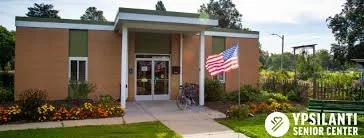
Ypsilanti Senior Center Monthly Luncheon
Tuesday, August 19, 2025, at the Ypsilanti Senior Center monthly potluck that will be held at the Ypsilanti Freight House, 100 Market Place, Ypsilanti 48197, from 11:30 - 2 PM. At the YSC potluck event, Build-Your-Own sandwiches will be provided by the Ypsilanti Food Co-op. We thank them for their support!

Hip-Hop Dance Class (Summer 2025)
* Those interested in attending the event must register through the QR Code/Link in the flyer. No transportation will be provided by Mentor2Youth.
For ages 12-25, every Wednesday July 30th through August 20th, Corner Health Center is hosting free hip-hop dance lessons at Rhizome Roots Dance Studio! Bring comfy dance wear and let yourself loose!!

YCS Touch a Truck
*Want to register for the event through Mentor2Youth? Register Here - Add in the comments the event(s) you’re registering for.

Hip-Hop Dance Class (Summer 2025)
* Those interested in attending the event must register through the QR Code/Link in the flyer. No transportation will be provided by Mentor2Youth.
For ages 12-25, every Wednesday July 30th through August 20th, Corner Health Center is hosting free hip-hop dance lessons at Rhizome Roots Dance Studio! Bring comfy dance wear and let yourself loose!!

Back to School Bash
*Want to register for the event through Mentor2Youth? Register Here - Add in the comments the event(s) you’re registering for.

Hip-Hop Dance Class (Summer 2025)
* Those interested in attending the event must register through the QR Code/Link in the flyer. No transportation will be provided by Mentor2Youth.
For ages 12-25, every Wednesday July 30th through August 20th, Corner Health Center is hosting free hip-hop dance lessons at Rhizome Roots Dance Studio! Bring comfy dance wear and let yourself loose!!

Youth Day at the Park
*Want to register for the event through Mentor2Youth? Register Here - Add in the comments the event(s) you’re registering for.
Local Ypsilanti organizations collaborate to bring 3 on 3 basketball with food, games, prizes, face paint, and more.

Crowned Swimmers
* Register for the Event Here - Add in the comments the event(s) you’re registering for.
Learn how to swim at Rutherford Pool with Mentor2Youth, with free swim lessons July 21st through July 24th from 10 to 11am. All skill levels welcome!

Crowned Swimmers
* Register for the Event Here - Add in the comments the event(s) you’re registering for.
Learn how to swim at Rutherford Pool with Mentor2Youth, with free swim lessons July 21st through July 24th from 10 to 11am. All skill levels welcome!

Crowned Swimmers
* Register for the Event Here - Add in the comments the event(s) you’re registering for.
Learn how to swim at Rutherford Pool with Mentor2Youth, with free swim lessons July 21st through July 24th from 10 to 11am. All skill levels welcome!

Crowned Swimmers
* Register for the Event Here - Add in the comments the event(s) you’re registering for.
Learn how to swim at Rutherford Pool with Mentor2Youth, with free swim lessons July 21st through July 24th from 10 to 11am. All skill levels welcome!

Reading in the Park & YCS Pool Night
*Want to register for the event through Mentor2Youth? Register Here - Add in the comments the event(s) you’re registering for.
Ypsilanti Community Schools is hosting Reading in the Park & YCS Pool Night! Read under the trees, and later, swim in Rutherford pool at the event. Free burgers and hotdogs will be available for kids.

Jazz in the Parking Lot
Hosted by Ypsilanti Community Schools, Jazz in the Parking Lot will feature vocalist Athena Johnson, as well as DJ & Hustle Lessons and snacks!

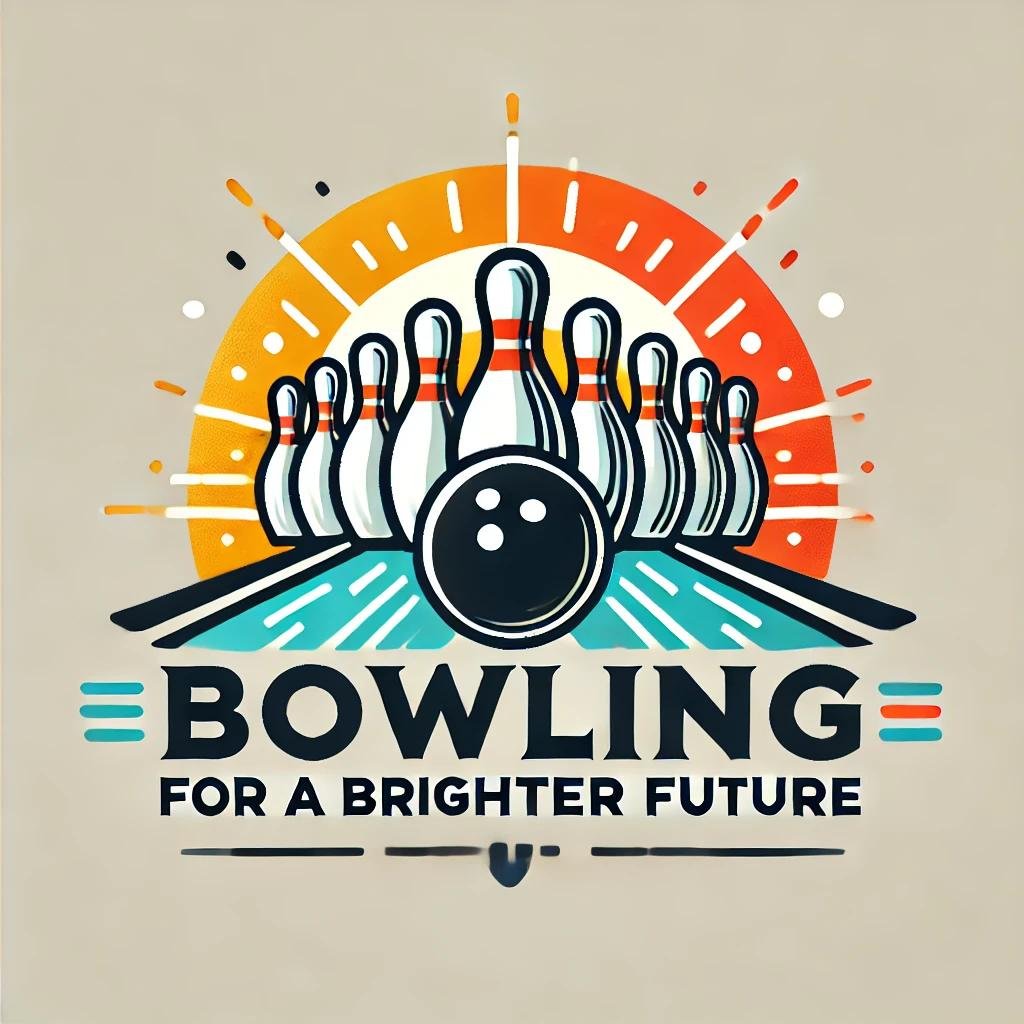
Bowling for a Brighter Future
At Mentor2Youth, we empower underserved youth to become leaders by providing mentorship, life skills, and academic support in a nurturing environment. Through our flagship program, Raising Royalty, we instill purpose, values, and community engagement, equipping young people to overcome challenges and make a positive impact. Together, we’re shaping tomorrow’s leaders.
By helping us raise $70k for a new bus, you'll ensure that underserved youth have reliable transportation.
Together, we can drive change—literally!

Royal Voices Abound
Together, Mentor2Youth and The Workshop for Community+Collaboration at EMU College of Education are launching a comprehensive, long-term educational initiative to enhance youth literacy skills by helping them learn to tell their stories through various formats.
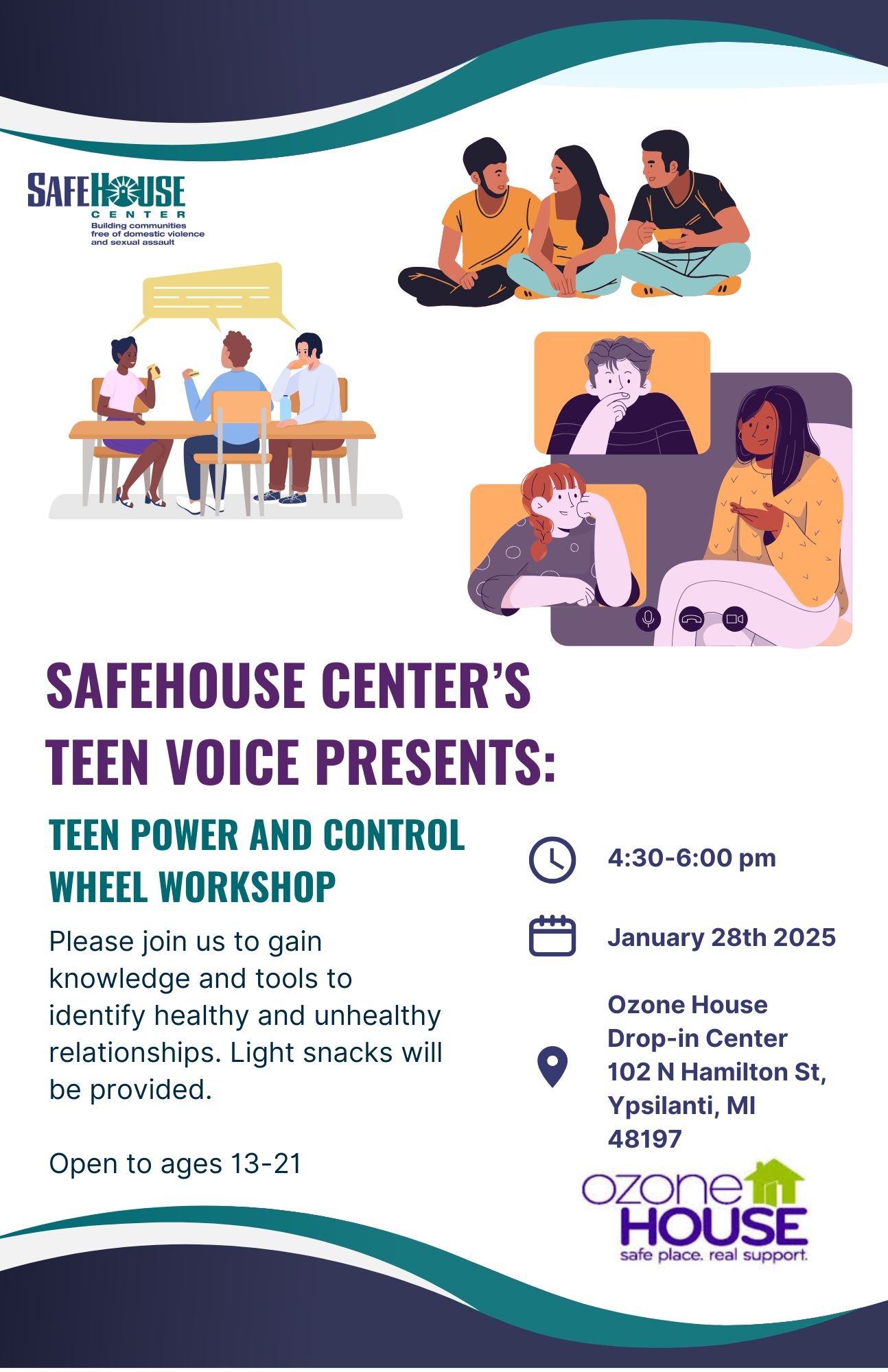
Teen Power & Control Wheel Workshop
SafeHouse Center's Teen Voice will present to youth aged 13-21 at Ozone House Drop-in Center about teen dating violence.
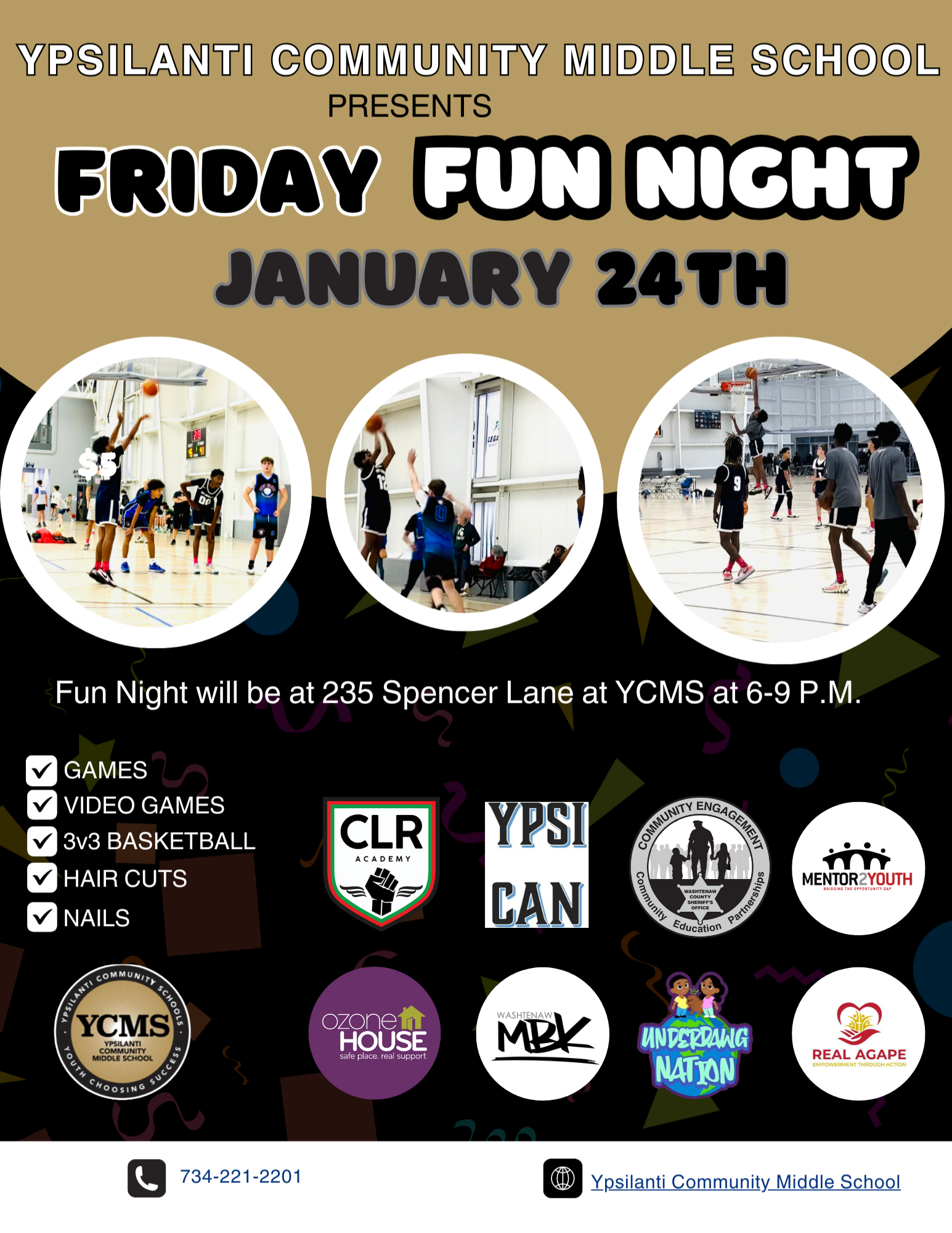

Royal Voices Abound
Together, Mentor2Youth and The Workshop for Community+Collaboration at EMU College of Education are launching a comprehensive, long-term educational initiative to enhance youth literacy skills by helping them learn to tell their stories through various formats.

Royal Voices Abound
Together, Mentor2Youth and The Workshop for Community+Collaboration at EMU College of Education are launching a comprehensive, long-term educational initiative to enhance youth literacy skills by helping them learn to tell their stories through various formats.

Royal Voices Abound (Copy)
Together, Mentor2Youth and The Workshop for Community+Collaboration at EMU College of Education are launching a comprehensive, long-term educational initiative to enhance youth literacy skills by helping them learn to tell their stories through various formats.
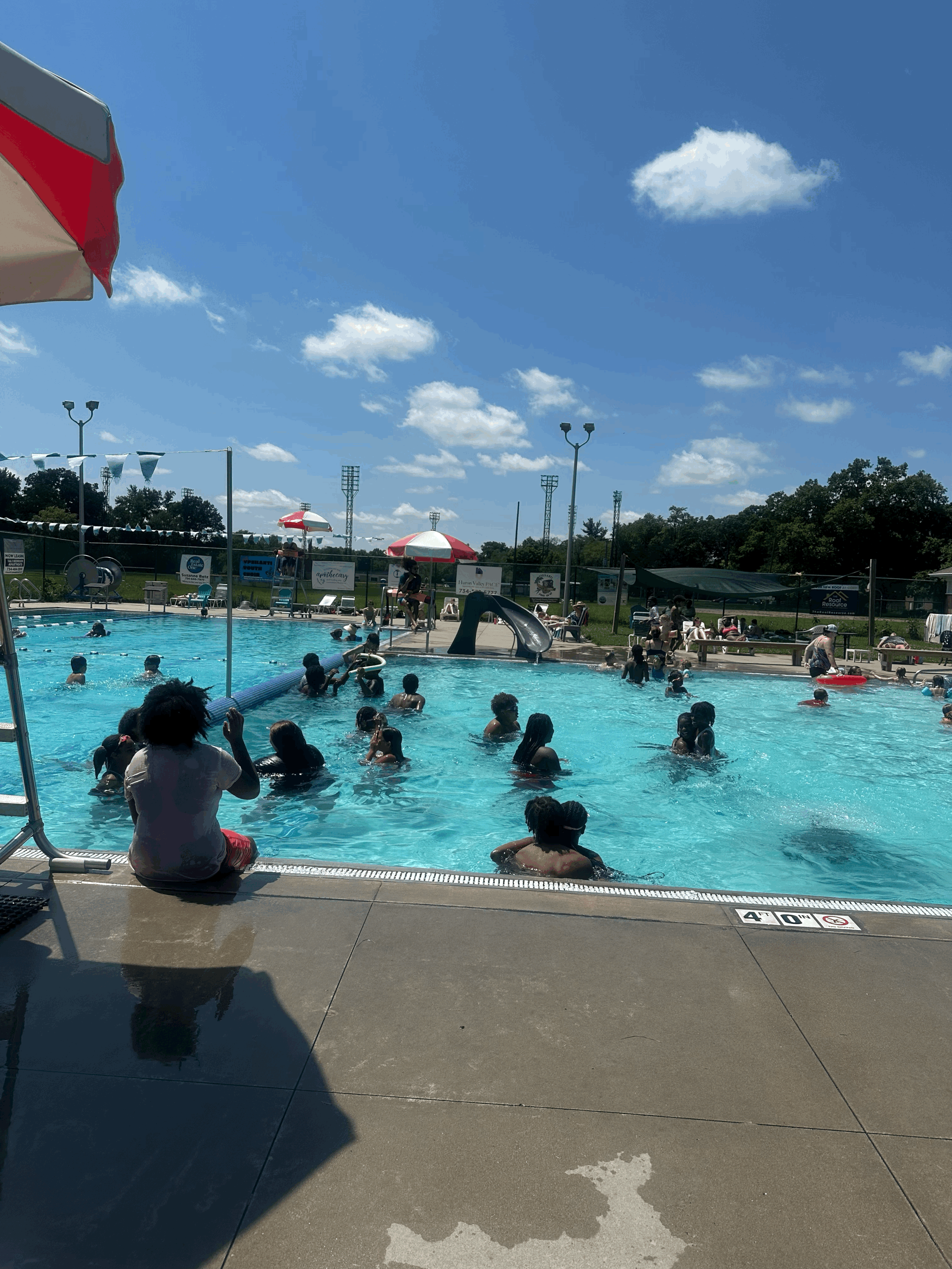
Swim lessons
Ruth-fords Pool is offering swim lessons to mentor2youth kids from July 22-July 24th from 9:30am-10:45.

Crown swimmers
Mentor2youth presents the noble summer experiences . Swimming in collaboration with Rutherford pool from (1pm-4:50pm) . As well as Mentor2youth presents Royalty reads collaborated with Our community reads (Ms.Walker).
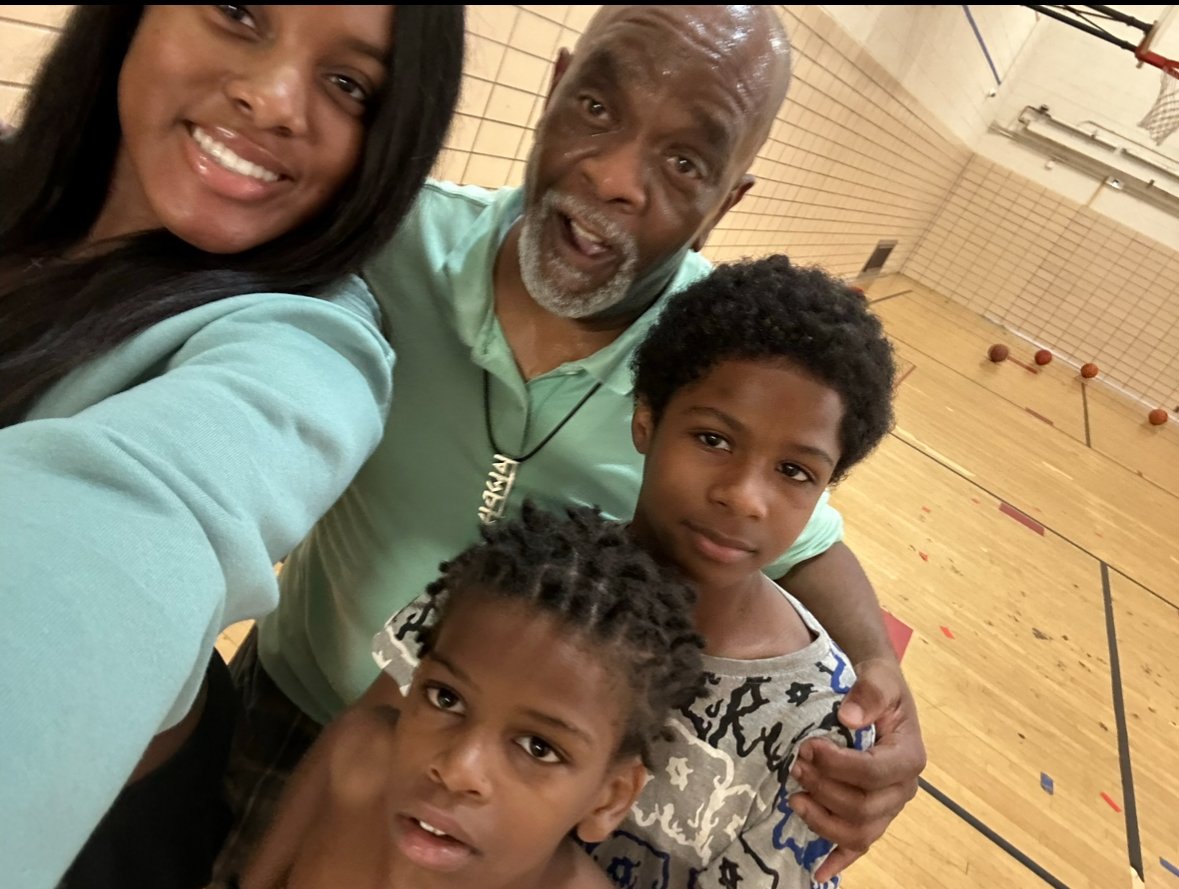
THE ROYAL GAMES
The Royal Games is our weekly gym time. This group of young people are rewarded with some free time after all that I ask of them during the month. Especially in the winter, this time is a real treat for our young people. We are adding entrees to our buffet style free session. Some do basketball, some dance, some sing, some step. Everyone finds something we can do.

THE ROYAL GAMES
The Royal Games is our weekly gym time. This group of young people are rewarded with some free time after all that I ask of them during the month. Especially in the winter, this time is a real treat for our young people. We are adding entrees to our buffet style free session. Some do basketball, some dance, some sing, some step. Everyone finds something we can do.

THE ROYAL GAMES
The Royal Games is our weekly gym time. This group of young people are rewarded with some free time after all that I ask of them during the month. Especially in the winter, this time is a real treat for our young people. We are adding entrees to our buffet style free session. Some do basketball, some dance, some sing, some step. Everyone finds something we can do.

Youth Day at the Park
3V3 Basketball Tournament- Food-Prizes-Raffle-Community resources-Yard Games